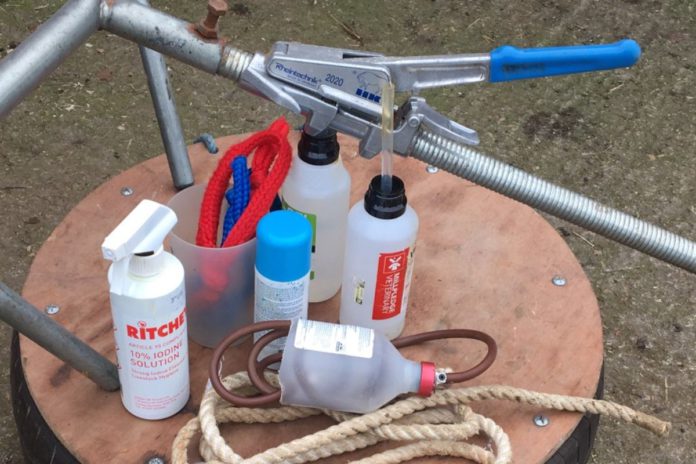Advice for new grad vets
That’s Farming editor, Catherina Cunnane, has collated some advice for new grad vets from experienced personnel in the field.
- Some new grad vets enter the working world immediately, while others prefer to travel overseas for a period first – Decide what is best for you;
- Talk to fellow veterinary professionals, those that were ahead of you in college, senior vets, ect, about their careers. Conduct research on practices before applying;
- Do not limit your options – if you desire to be a vet with a large animal bias, do not rule out gaining some small or equine experience – a lot of practices will be flexible in this regard. Often, it has best to have farm, small and equine experience. Consider locum work, general practice or DAFM TVI posts in DAFM-approved meat plants, ect;
- When you are brought forward for an interview with a prospective employer, use this as a window to ask them questions about the practice, staff base, responsibilities, how the firm operates and expectations;
- Do not take the first job you are offered – shop around and find something that is the best fit for you and your circumstances. For a lot of new grad vets, their goal is often to work for their local vet, so some opt to work away from home to gain some experience before making the move;
- When you accept a position, ensure you have a written employment contract containing the terms of the arrangement between you and your employer. Discuss the terms with your employer and iron out any concerns or queries relating to working conditions and salaries;
- Aim to foster functional working relationships with your colleagues – including fellow vets, vet nurses, vet assistants and office administrators;
- Trust yourself and your judgement but accept that you are going to make mistakes – it happens to everyone;
- Do not be afraid to ask questions of a senior vet – “Every day is a school day, and there is no such thing as a stupid question,” one vet explained to That’s Farming;
- Support is paramount – Have a mentor vet who you can phone or who will assist in the surgery or on-farm if you require. “You learn far more in your first six months in practice than you will during your five years in college,” one said. Consider a practice that has a good reputation among new grad vets and offers routes for career progression;
- Have patience: Accept that it will take time to get to know colleagues, clients and navigational routes;
- Rota: Having a work-life balance is essential, so seek a rota that favours this and allows you to take time off. Many vets experience burnout because of the current recruitment crisis in the industry. Also, a report from the VCI – in conjunction with the NOSP and NSRF – shows that more than 40% of the country’s veterinary professionals are suffering from ‘abnormal’ stress levels;
- Do not underestimate the level of dedication, patience and time involved in being a vet – “You could say that veterinary is more like a marriage than a job,” one vet told That’s Farming;
- Pursue interests outside of veterinary – find your way to ‘switch off’ – hobbies such as music and sport, for example, are essential;
- Be open to all career opportunities – If a more suitable position arises elsewhere for you, do not rule it out. Be open to change, and do not stay in a practice that does not fulfil your expectations or desires.
Other articles on That’s Farming:





